 Catalina Curceanu, a researcher of the National Laboratories of Frascati, has been awarded one of the twenty grants provided by the Foundational Questions Institute (FQXi), with the project “Events, as we see them: experimental test of the collapse models as a solution of the measurement-problem”. The research programme proposed by Curceanu was selected as part of an international call with the theme The Physics of ‘What Happens’. FQXi, in fact, has the objective of catalysing, supporting and disseminating research on the issues of fundamental physics and cosmology, in particular on the new frontiers and innovative ideas which, although part of a deep understanding of reality, would find it hard to be supported by traditional sources of funding. “The news of the victory of my project, selected among 240 from all over the world, makes me proud and happy, – said Curceanu – and I am also aware that we need to do a great job to live up to the expectations”. “This result was possible also thanks to the INFN and the context in which I work, i.e. the field of basic research, as well as to the Enrico Fermi Centre (Museo Storico della Fisica e Centro Ricerche Enrico Fermi) with which I have worked to develop feasibility studies of the proposal which then won the grant: now we just have to work to obtain major progress toward a deeper understanding of the marvellous universe to which we belong!”, concluded Curceanu with enthusiasm.
Catalina Curceanu, a researcher of the National Laboratories of Frascati, has been awarded one of the twenty grants provided by the Foundational Questions Institute (FQXi), with the project “Events, as we see them: experimental test of the collapse models as a solution of the measurement-problem”. The research programme proposed by Curceanu was selected as part of an international call with the theme The Physics of ‘What Happens’. FQXi, in fact, has the objective of catalysing, supporting and disseminating research on the issues of fundamental physics and cosmology, in particular on the new frontiers and innovative ideas which, although part of a deep understanding of reality, would find it hard to be supported by traditional sources of funding. “The news of the victory of my project, selected among 240 from all over the world, makes me proud and happy, – said Curceanu – and I am also aware that we need to do a great job to live up to the expectations”. “This result was possible also thanks to the INFN and the context in which I work, i.e. the field of basic research, as well as to the Enrico Fermi Centre (Museo Storico della Fisica e Centro Ricerche Enrico Fermi) with which I have worked to develop feasibility studies of the proposal which then won the grant: now we just have to work to obtain major progress toward a deeper understanding of the marvellous universe to which we belong!”, concluded Curceanu with enthusiasm.
You might also be interested in

EuPRAXIA chooses ELI Beamlines as second site for laser-driven accelerator
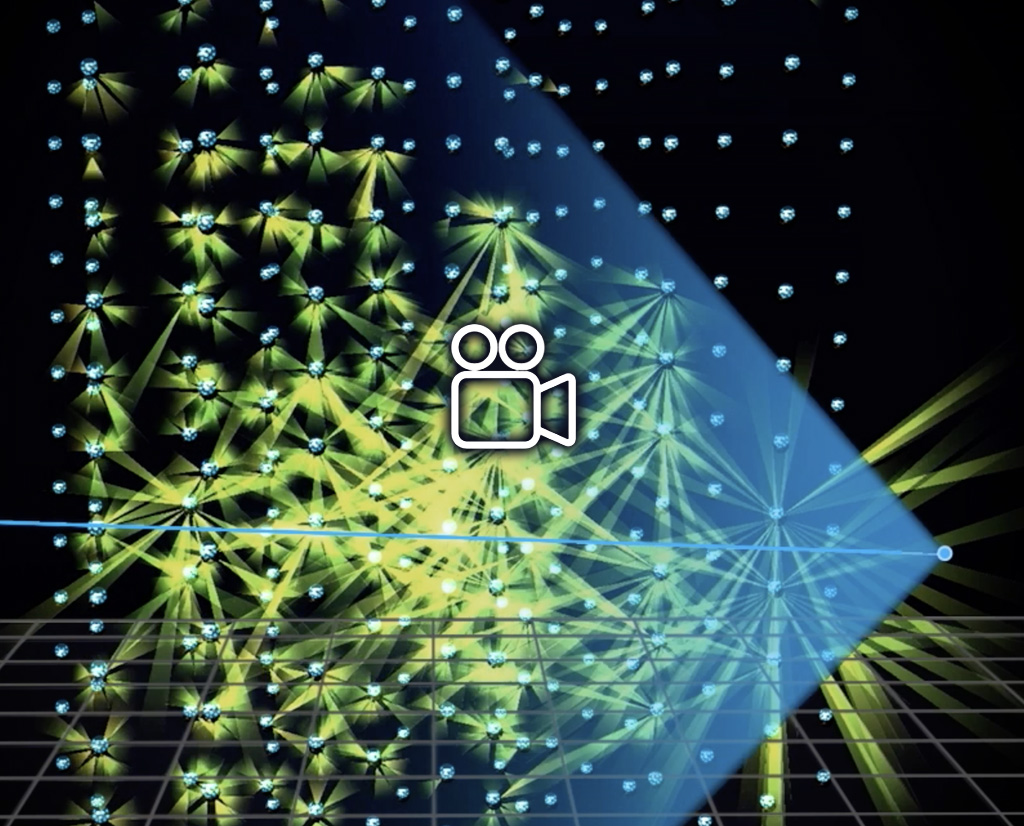
The record neutrino observed by KM3NeT
07 February 2025
Read more The record neutrino observed by KM3NeT
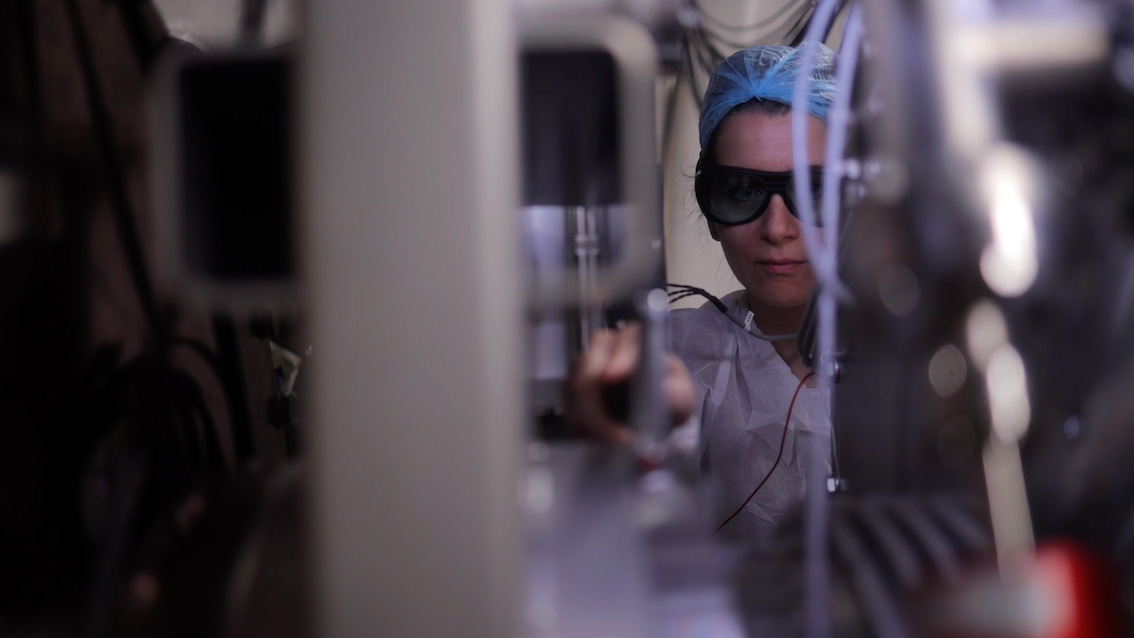
INFN celebrates the STEM WEEK and the International Day of Women and Girl in Science 2025
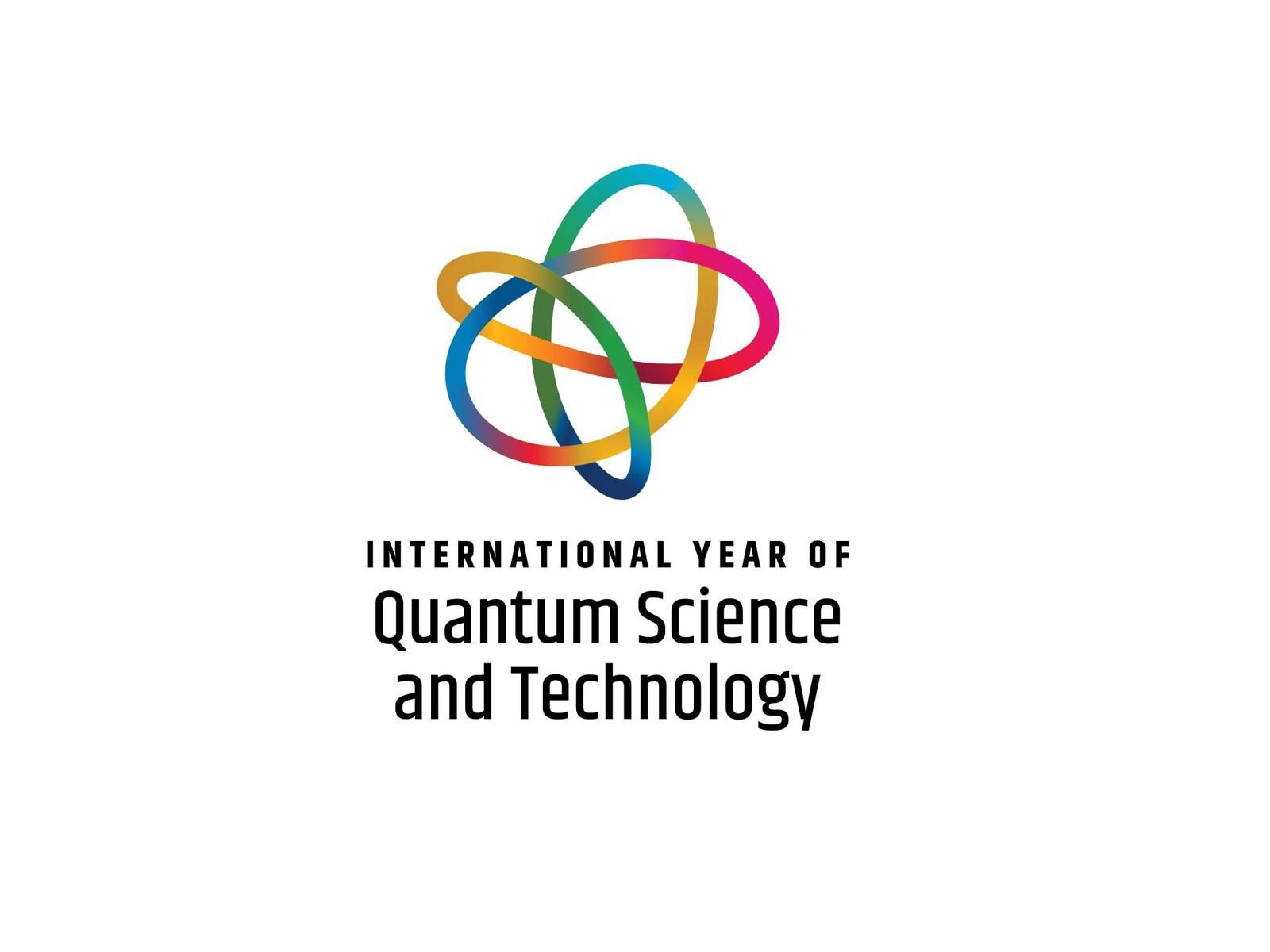
International Year of Quantum Science and Technology, 2025
03 February 2025
Read more International Year of Quantum Science and Technology, 2025
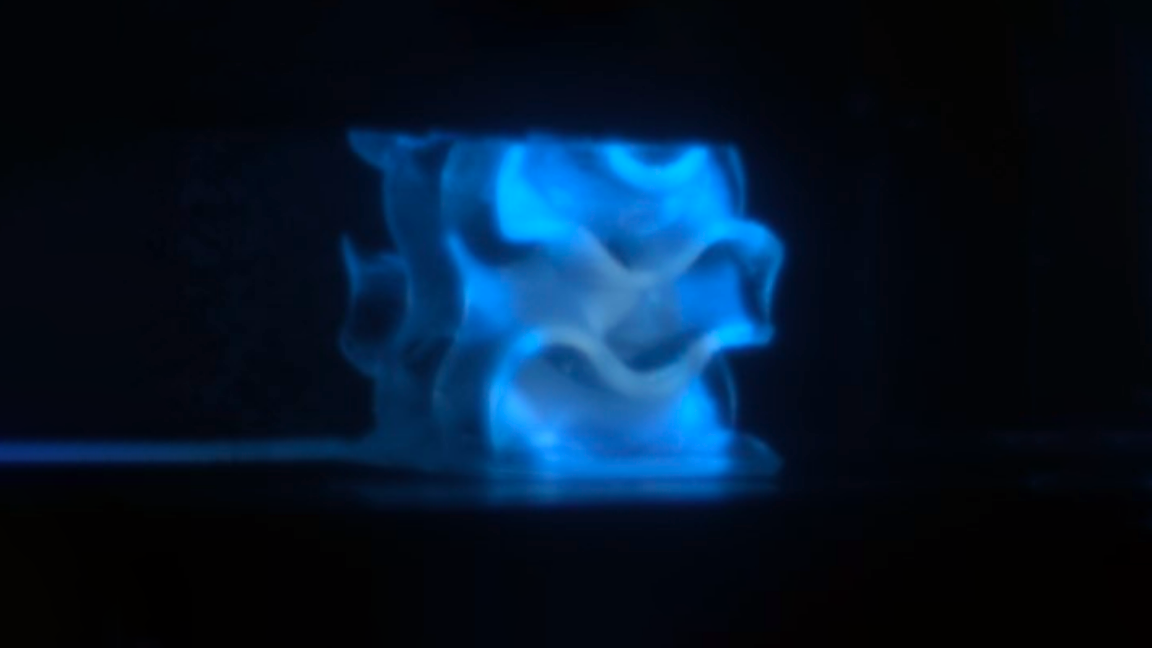
A new generation of plastic scintillators thanks to 3d printing
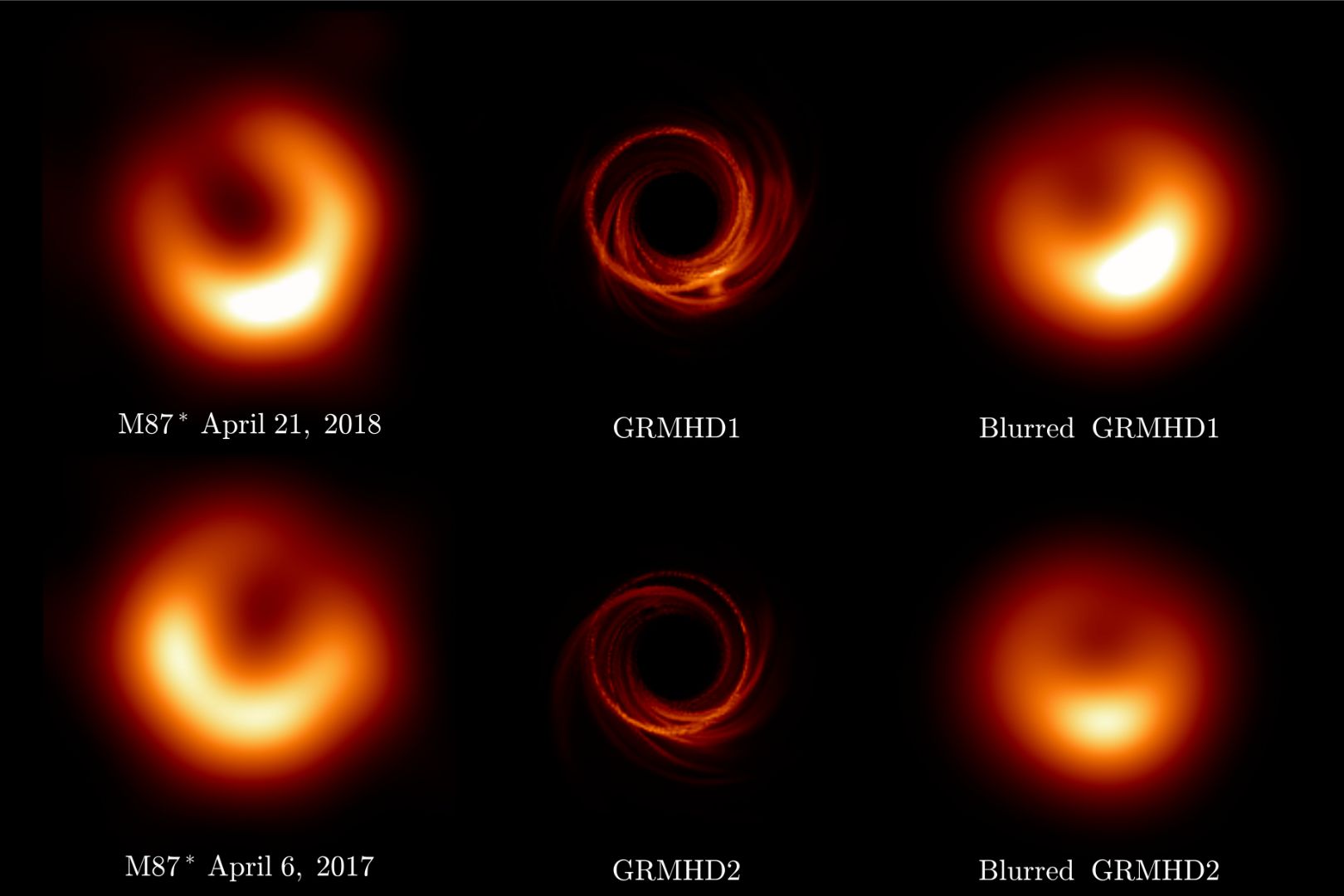
Capturing the accretion flow of M87* black hole
22 January 2025
Read more Capturing the accretion flow of M87* black hole